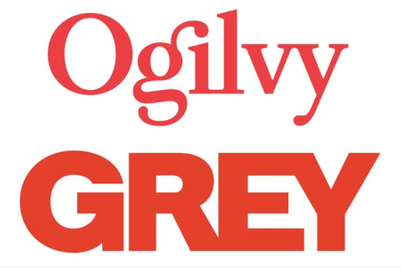
In the first half of 2014, Suning posted a loss of RMB749 million (US$121.4 million). This plunge is in stark contrast with the net profit of $119 million it reported for the same period in 2013. According to Inside Retail, the company has also shuttered 64 new stores this year, taking its footprint down to 1,583 in mainland China, 27 in Hong Kong and 13 in Japan.
An erratic online strategy that lacks clear vision has been a major part of Suning’s problem, according to Kevin Gentle, digital strategy director at Labbrand. “I’ve been watching them for a while, and so far they’ve launched an online bookstore for e-books, then they launched a travel platform to compete with Crtip, then they invested in PPTV and online video, then baby products… there’s just been no clear direction.”
Analysts have criticised Suning’s strategy as “too daring”, reported MarketWatch.
While it’s true that retailers need a presence in e-commerce, trying to move from a chain store brand to a technology company that hopes to compete with Alibaba and Tencent is too big of a leap, Gentle said. “They have a brand that’s rooted in physical retail, and they’re trying to build into categories where they have no brand equity," he said. "What’s even more troubling is that it was never a very strong brand, not one that inspired loyalty. Suning had all those shops and a large retail presence but no loyalty or a fanbase that would inspire consumers to follow them from offline to online.”
In its annual report ending December 2013, Suning blamed its same-price strategy at both its bricks-and-mortar and online stores for its 86.1 per cent year-over-year decline in net profit, reported the Nikkei Asian Review.
This strategy was in essence a price war with both online and other physical retailers (such as Gome), as the company not only offered lower prices online but also demanded that its physical stores drop prices to the same level, observed the Review.
“This price war with other online retailers killed their finances,” added Gentle.
What the brand should be focusing on instead, he said, is on building up its in-store experience and extending that experience online. “They should be digitising their retail environment," he said. "Developing apps, for example, that will allow consumers to download all the information they want on any appliance they see in-store, including the dimensions.”



.jpg&h=334&w=500&q=100&v=20250320&c=1)

.jpg&h=334&w=500&q=100&v=20250320&c=1)
.jpg&h=334&w=500&q=100&v=20250320&c=1)

.jpg&h=334&w=500&q=100&v=20250320&c=1)
.jpg&h=334&w=500&q=100&v=20250320&c=1)
.jpg&h=334&w=500&q=100&v=20250320&c=1)

+(4).jpg&h=268&w=401&q=100&v=20250320&c=1)

.jpg&h=268&w=401&q=100&v=20250320&c=1)




.png&h=268&w=401&q=100&v=20250320&c=1)